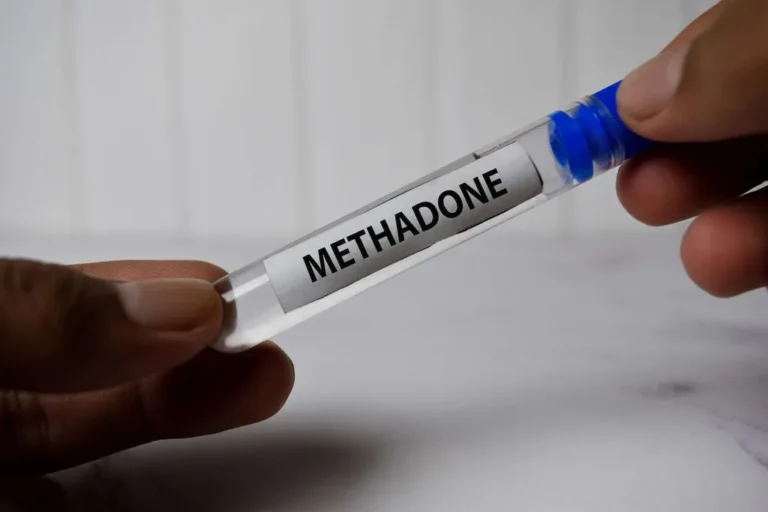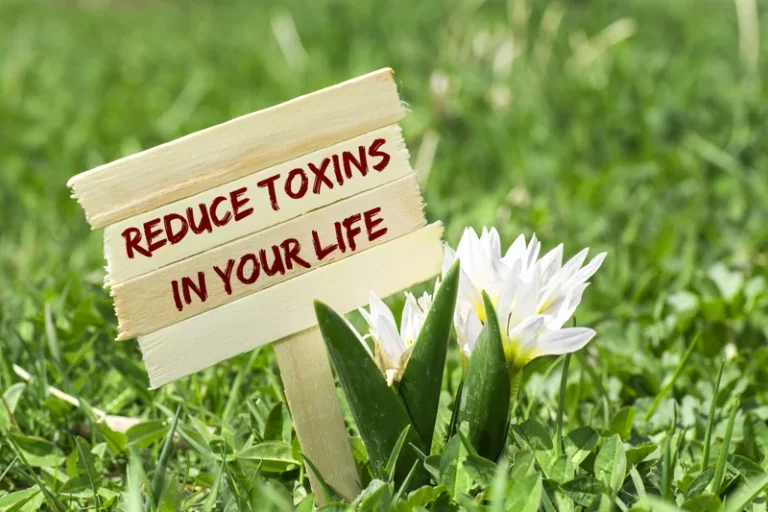
And no matter which way we choose to look, there will be plenty to be found of both. These ideas apply to anyone and everyone—being and feeling grateful just makes life better. You could draw, write, paint, garden, smith, smash pumpkins, whatever. Get in touch with your creative side, especially if you haven’t before. It’s a great way to process tough emotions and trauma, and it’s a whole new language to view and express yourself. Recovery is a difficult process, and you’ll likely face challenges.
Focus on What you Have
Gratitude can help you find consistent happiness and contentment, making you feel more optimistic, enthusiastic and joyful while reducing feelings of depression and anxiety. Researchers find that gratitude is especially important for individuals in SUD recovery with the goal of being abstinent. Practicing gratitude means being aware of good things, recognizing that work has gone into them, recognizing when people have helped you, and being thankful that you get the opportunities. That mindset can help you to improve your self-esteem in a number of ways.

Make Gratitude a Daily Practice

This means that actively thanking people for their kindness or writing down things we’re grateful for can increase its benefits even further. Gratitude is the act of appreciating what you have and expressing it to yourself and others. It can help you shift your focus from what you lack or regret to what you have and cherish.

Strengthens your addiction recovery
- For example, if someone from your AA group needs a place to stay for a week, opening up your home is a great way to be generous.
- The information we provide is not intended to be a substitute for professional medical advice, diagnosis or treatment.
- Abusing drugs or alcohol can take a toll on your physical health, causing problems such as liver damage, heart disease, infections, or chronic pain.
- Small changes like this can help you develop a more grateful attitude towards life and inspire you to make positive changes that benefit yourself and those around you.
- By cultivating an attitude of gratitude for your inner resources and qualities, you give yourself a foundation of strength that can help you weather difficult times.
When we are grateful for what we have, we’re not broken by adversity, and we view challenges as opportunities for growth. Even a relapse will not discourage us from trying again, because we will view it not as a failure but as an opportunity to become even stronger. Jim Sugel is an SEO and Digital Marketing Expert in addition to having achieved the coveted Google Partner status for https://ecosoberhouse.com/ PPC expertise. We counterbalance our goals, dreams and desires with haves,’ and we understand that whatever material object we lack will not remarkably change our lives—with gratitude, we already have what we need. Timmen L. Cermak, MD, is a psychiatrist who specializes in addiction medicine. He is the author of numerous books, including From Bud to Brain and Marijuana on My Mind.
- Another way to practice gratitude is to shift the tone of your conversations to eliminate self-blame.
- Gratitude involves more than self-reflection; it should be practiced as love in action.
- While the benefits of gratitude are clear, learning how to cultivate and practice gratitude can be tricky, especially early in recovery.
- And when we looked for the worst qualities in every situation, we created a self-fulfilling prophecy of negativity.
- Gratitude is the key to finding the silver lining in a negative situation, and the thoughtful optimism and clarity that gratitude brings help keep the situation in perspective.
- Serving others is also a beneficial way to support your long-term addiction recovery.
Actively practicing gratitude fosters a mindset of positive thinking, and this can greatly improve mental and physical health. Being grateful helps us focus on the good and gives us energy and confidence. This, in turn, leads to a healthier recovery – creating a beautiful cycle. Gratitude, referred to as one of the “foundational virtues in the creation of happiness” [3], works at combatting the negative emotions that may be present in recovery.

Research shows that grateful people are more empathetic and compassionate, which means being grateful may improve your communication and trust. You may also be more likely to attract good and supportive people who can help you in your recovery. These conditions can make recovery more challenging and increase the risk of relapse. Research has found that gratitude practice reduces psychological distress, such as stress, anxiety, depression, and anger.
Gratitude Boosts Physical Health
- Gratitude can help you appreciate your progress in recovery and the opportunities you have for growth and change.
- Remember that there is no right or wrong way in cultivating gratitude while in recovery.
- However, maintaining a sense of gratitude can help you stay focused on what is important and find strength in difficult times.
- Gratitude is an emotion that carries immense power, capable of transforming individuals’ mental and emotional health.
- For those in recovery, maintaining gratitude can help reduce risk of relapse, promote a positive mindset, and act as an important tool in managing difficult emotions or situations.
- Instead, you can step back go “I can learn from this” and work around it to keep moving forward.
You need to be realistic in recognizing that sometimes you’ll have bad days. It might be a little harder to find the thing to be grateful for on those days, but you can find why is gratitude important in recovery it. Practicing gratitude is one of the most popular early recovery topics. It may be there under different names — for example, AA daily reflections.

Throughout each day, be mindful of your interactions and observations of others. Be mindful of sharing your gratitude for others as they cross your path or as you observe good deeds on behalf of strangers. Be generous in sharing and showing your appreciation for their actions and efforts as you go about your day. Gratitude strengthens your recovery, ushering in joy, peace and selflessness that will empower your journey and positively impact, even inspire, your loved ones. As a community based treatment center, it’s important to us that we share helpful resources and expert content created for those who are seeking treatment or already in recovery. Having trouble focusing your gratitude onto a specific person, place or thing?
Ready to Get Started on Your Journey to Long-Term Recovery?
However, once that fades away, you will get down to the nitty-gritty of your care. And, during that time, practicing gratitude can help you achieve your treatment goals. When treatment is completed, practicing gratitude can help you maintain your recovery. Within the context of 12-step recovery, there seems to be an implicit connection between gratitude and service. The FHE Health team is committed to providing accurate information that adheres to the highest standards of writing. This is part of our ongoing commitment to ensure FHE Health is trusted as a leader in mental health and addiction care.
This will not only help you calm your mind but also find things to be grateful for you may overlook. Most everyone has heard the question, “Is the glass half empty or half full? ” this simple question illustrates being grateful and not being grateful. When we walk through life and see everything that is wrong, everything that isn’t going our way, everything that we wish was different, we will continue to see more and more of the same. While some people have strong, pre-existing support systems and communities, those new to recovery might need to search a little. With gratitude, you can sense how far you’ve come and where you might go next.
